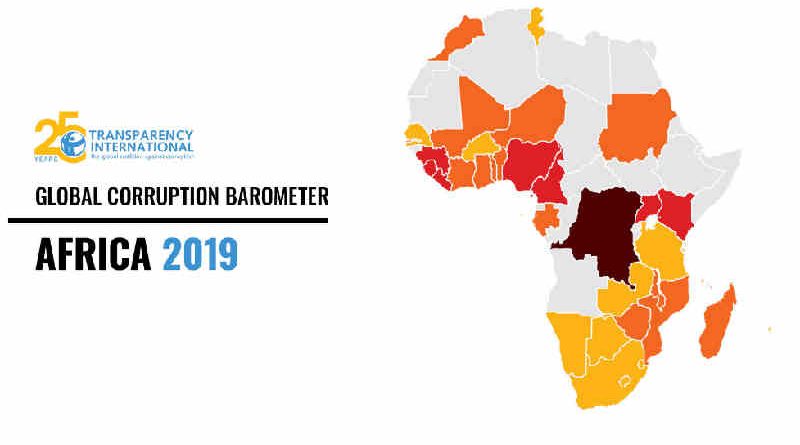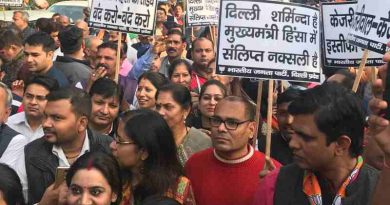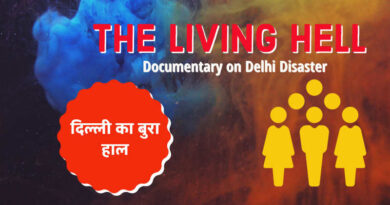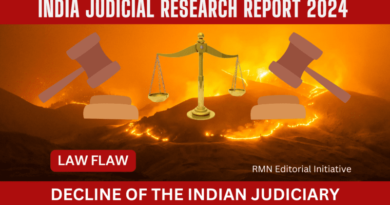Police Is the Most Corrupt Institution in Africa: Survey
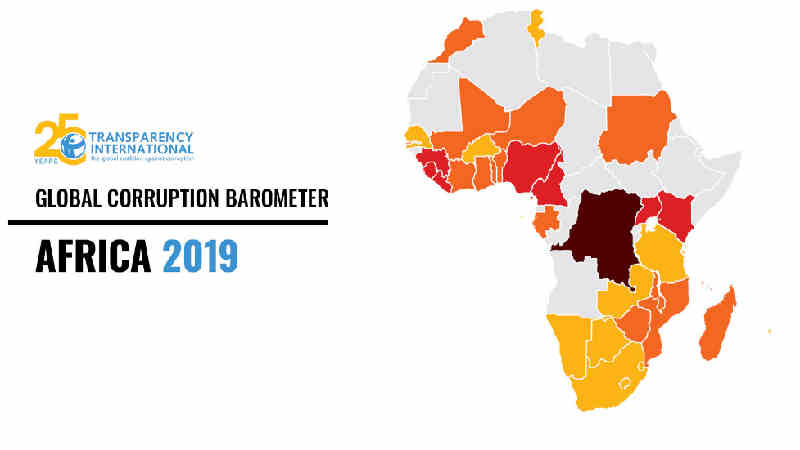
Corruption in African countries is hindering economic, political and social development. It is a major barrier to economic growth, good governance and basic freedoms, such as freedom of speech or citizens’ right to hold governments to account. More than this, corruption affects the wellbeing of individuals, families and communities.
Compiled by Transparency International, the 10th edition of the Global Corruption Barometer (GCB) – Africa 2019, reveals that while most people in Africa feel corruption increased in their country, a majority also feel optimistic that they, as citizens, can make a difference in the fight against corruption.
“Public sector corruption doesn’t exist in a vacuum. When money that should support critical services such as health care and education, flows out of countries due to corruption, ordinary citizens suffer the most,” said Delia Ferreira Rubio, Chair, Transparency International.
[ 12 Steps to Deal with Corruption in India ]
The research shows that more than half of all citizens think corruption is getting worse in their country and that their government is doing a bad job in tackling corruption.
The report also found more than one in four people who accessed public services, such as health care and education, paid a bribe in the previous year. This is equivalent to approximately 130 million citizens in the 35 countries surveyed.
Conducted in partnership with Afrobarometer and Omega Research, the GCB is claimed to be the largest, most detailed survey of citizens’ views on corruption and their direct experiences of bribery in Africa. The survey incorporates the views of more than 47,000 citizens from 35 countries across Africa.
[ Report Corruption in Delhi Housing Societies to Clean House ]
Citizens think the police is the most corrupt institution, with 47 per cent of people believing that most or all police are corrupt. These results are consistent with findings from the 2015 report.
Unsurprisingly, according to the survey, police also consistently earn the highest bribery rate across Africa. Other public services like utilities, including electricity and water, and identification documents, including licenses and passports, also have high bribery rates.
Bribery does not affect all people equally, it hits the poorest harder than the wealthiest – often denying people access to critical healthcare, education and legal protections, with devastating consequences. Young people, aged 18-34 years, are more likely to pay bribes than older people, aged over 55 years.
Paying bribes for essential public services means poorer families have less money for other necessities like food, water and medicine. Non-African actors also play a significant role in fueling corruption in Africa through foreign bribery and money laundering.


